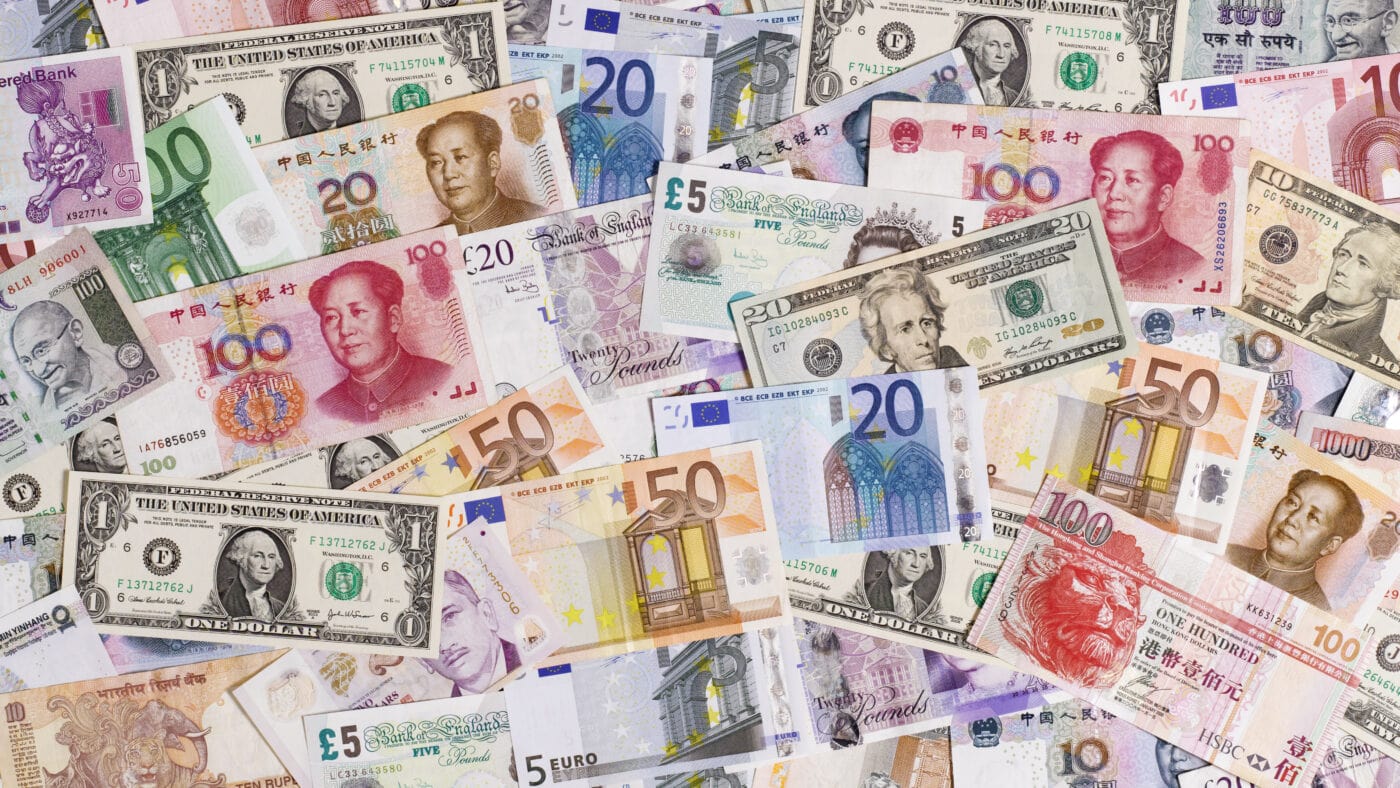The new Government has repeatedly emphasised its aims to drive economic growth, modernise international development and to rebuild Britain’s international relationships. While these are ambitious goals, one significant obstacle stands in the way of success: the Paris Club. This international cabal of creditor countries is stifling growth by restricting investment into nations that owe money to its members.
If this new Government means what it says, it is time for the UK to reconsider its membership of the Paris Club and take a stand for economic justice and global development.
The Paris Club presents itself as a reputable financial organisation, but in reality, it is an institutional monolith that has held back developing nations for decades. It is no coincidence that the Club was founded in 1956 – the height of the global independence movement. Many of the debts its members hold were signed shortly after former colonies broke away from European empires, often in unbalanced arrangements. To this day, the Paris Club continues to hold back developing nations that lack the resources to pay off these unfair debts.
Take the case of Antigua and Barbuda. This small island nation gained its independence from the UK in 1981 and is a proud member of the Commonwealth. Antigua and Barbuda has $157 million in overall outstanding debt to the Paris Club – just $28m of which is primary debt, the rest a result of penalty fees. Of the overall figure, just $15m is owed to the UK, a frankly trivial amount that the people of Antigua and Barbuda have derived no benefit from. In fact, the Antiguan and Barbudan Government can find no trace of how this money was spent by colonial authorities. This debt is a development-choking burden that is almost impossible to pay off for a country with budget revenues of just $278m.
For as long as Antigua and Barbuda remains in arrears, it will prove incredibly difficult for the country to attract investment in its own development, despite a strikingly innovative and entrepreneurial outlook. The country has a unique vision for a green, emission-free shipping industry, but because of the debt it owes to the Paris Club, British businesses are blocked from accessing UK Export Finance. This is preventing a wave of potential new investors from helping Antigua and Barbuda make this vision a reality.
But this arrangement is not just damaging for debtors; it is also detrimental for creditors. The UK’s membership of the Paris Club is preventing it from pursuing mutually beneficial investment opportunities in countries indebted to the group. Not only does this hamper the UK’s influence on the global stage, but it also undermines our position as a force for good in the world.
Breaking with the Paris Club is not without precedent. Italy, a full member of the Club, has resolved and restructured its debts with Antigua and Barbuda and is free to lend and provide export finance, opening the door to major investment opportunities in a member of the Commonwealth. The US is also expected to resolve mutual counterclaims with Antigua and Barbuda that will soon see its debt to the US repaid – another blow to the Paris Club’s influence. Meanwhile, China has been heavily investing in Antigua and Barbuda, building a brand-new port and extending its influence over the Caribbean.
As a member of the Commonwealth, the UK has a unique opportunity, and some may say responsibility, to play an active role in the development of countries like Antigua and Barbuda. By investing in their economies, the UK can help these nations accelerate their economic growth while simultaneously strengthening the Commonwealth and building new international relationships.
It is time for the UK to break with the Paris Club and take a stand for economic justice and global development. We must restructure the debts owed to us and implement provisions that open the door to UK investors, like allowing repayment from the cash flows generated by our investments. By supporting the development of new economic partners, the UK can create new opportunities for growth and prosperity, both at home and abroad.
This is not only the right thing to do but also the smart thing to do. Unless we act quickly, Commonwealth nations like Antigua and Barbuda will look further afield for long-term partnerships – potentially to our adversaries – and the UK will be left far behind. The Paris Club should not continue to stifle the potential of developing nations and the UK’s economic reach. Instead, let us work together to create a better future for all.
Click here to subscribe to our daily briefing – the best pieces from CapX and across the web.
CapX depends on the generosity of its readers. If you value what we do, please consider making a donation.


